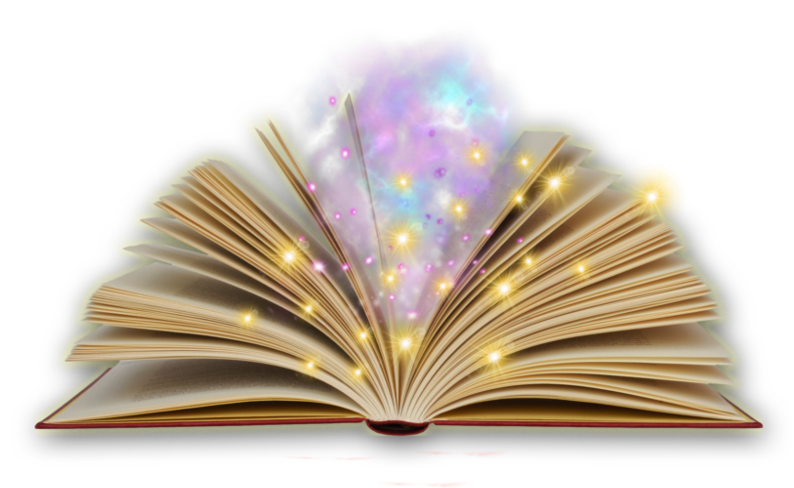My senior year of college, I wrote a capstone paper summarizing my creative work in classes, jobs, and internships. The goal of the paper was to explore how that work had shaped my intended career path (which, for me, started with postponing the real world in favor of graduate school). For me, the biggest discovery had been the sheer power of stories. Don’t get me wrong: I’d always loved reading books and writing stories and making plays. But I hadn’t really recognized their power, other than as entertainment, until I started studying them seriously, practicing the craft of writing, and watching how they impacted other people.
I wrote in my paper about how I’d seen young adult books, in particular, give readers the freedom to explore the changes they were experiencing in their own lives — evolving friendships, new crushes, and changing or broadening perspectives about the world. I wrote that, looking back, the books I read in middle school and high school had done that for me, but that I hadn’t truly noticed until I watched the way books impacted the seventh grade girls I was in charge of during my first summer as a camp counsellor. It was as though, by reading these stories, they were discovering new ways to cope with the various things they were going through, and learning new ways to be in the world.
I figured it must be psychological — and it is. Research has shown that reading fiction makes us more empathetic. But it turns out, it’s also biological. Here’s what happens in our brains when we read a good story, the kind that sucks us in: the sensory areas of our brains are activated, making us feel like we’re seeing, hearing, feeling things right along with the character. And a bunch of chemicals are released: Cortisol triggers fight or flight, signaling that the story we’re reading is important and heightening our attention; dopamine helps us commit what we’re reading to our memories; oxytocin builds an emotional connection between us and the characters; and endorphins trigger that happy feeling Elle Woods tells us about in Legally Blonde.
What does all this mean? In A Storytelling Animal, Jonathan Gottschall cites fMRIstudies that have found, when we’re reading a story, our brains behave more like participants than observers. So, as far as our brains are concerned, reading a story is the same thing as experiencing it. Lisa Cron says it this way in her book Story Genius:
When we’re under the spell of a compelling story, we undergo internal changes along with the protagonist, and her insights become part of the way we, too, see the world. Stories instill meaning directly into our belief system the same way experience does — not by telling us what is right, but by allowing us to feel it ourselves.
So, when we say reading stories can be a safe way for people to process what’s happening in their lives, that’s not the gushing hyperbole of a bookworm — it’s a scientific fact. As Cron says, “The initial job of an effective story is to anesthetize the part of your brain that knows it is a story.” For readers, I think that means it’s not really our fault when “just one more chapter” turns into accidentally staying up till three a.m.
But for writers, it’s something like a superpower, isn’t it? The stories we put out into the world have a real, profound, biological impact on our readers, whose experiences with our books may help them overcome a seemingly insurmountable obstacle, unlock a relationship quandary, or, at the very least, build a little more empathy than they had before.
How are you wielding that superpower?

